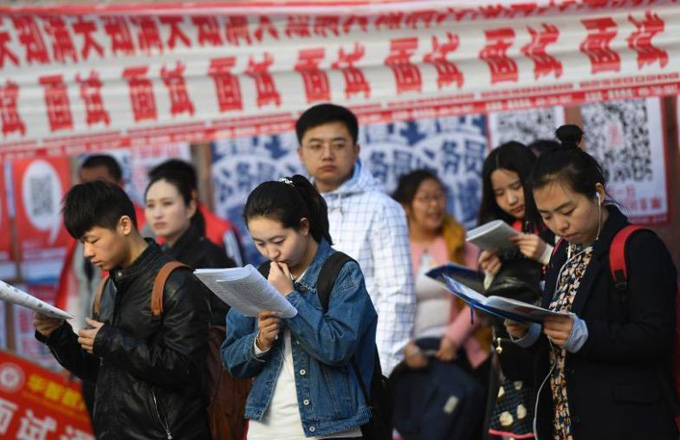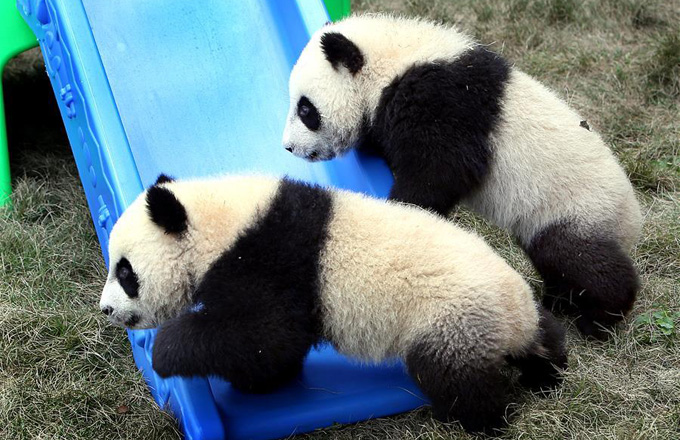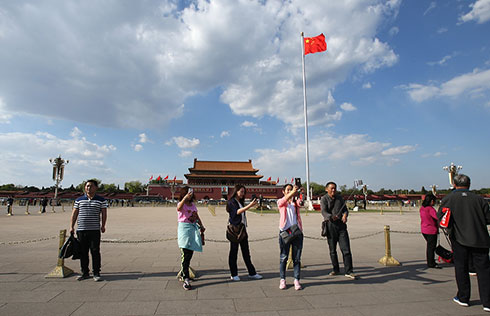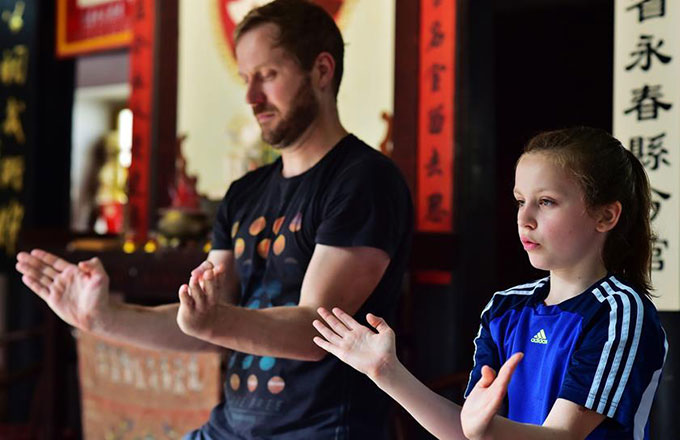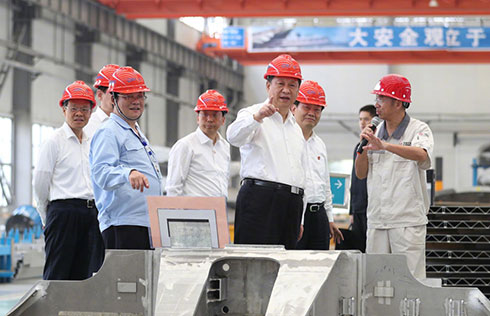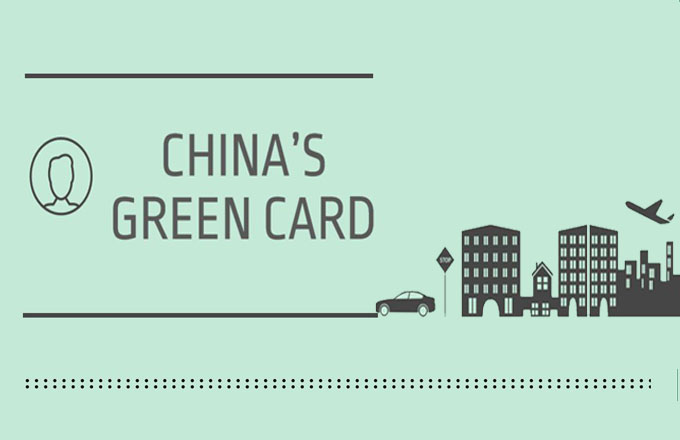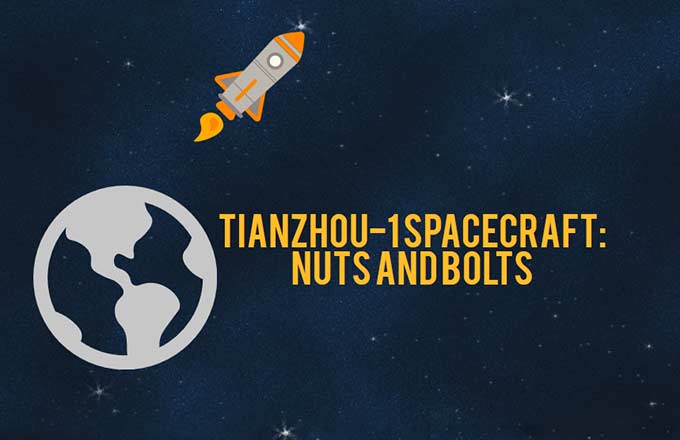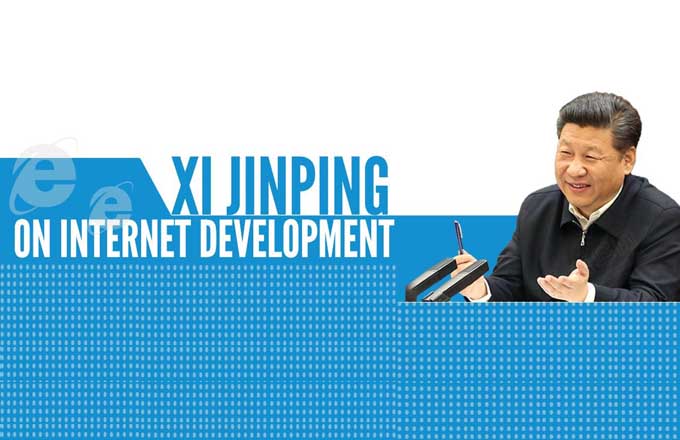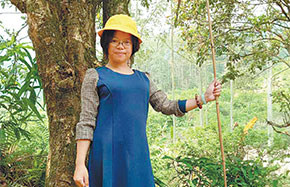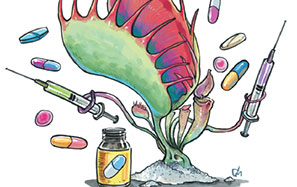Xi, Obama to meet in California




President Xi Jinping will meet US President Barack Obama in California next month on his way back from a trip to Latin America and the Caribbean.
Analysts said the arrangements for their meeting, which is informal but will be held over two days, show that relations between the two countries are mature.
The China-US summit, the first since Xi took office in March, will be held at Sunnylands, on the Walter and Leonore Annenberg Estate, on June 7 and 8, the Foreign Ministry announced on Tuesday.
Before arriving in California, Xi will pay State visits to Trinidad and Tobago, Costa Rica and Mexico from May 31 to June 6.
Foreign Ministry spokesman Hong Lei said the meeting will promote communication, trust and mutually beneficial cooperation between the two countries and help manage their differences effectively.
"The China-US relationship has entered a new era with important development opportunities. Both countries have hoped the presidents would meet soon to communicate and plan for the development of their bilateral relationship," Hong said at a regular news conference on Tuesday.
Chen Mingming, an expert on diplomacy and former Chinese ambassador to Sweden and New Zealand, said, "Sending this invitation shows the US highly values China's role. China's acceptance of such an informal visit demonstrates the maturity of the Sino-US relationship and both leaders' eagerness to meet each other."
Chen said the meeting is expected to set a general direction for the nations' relationship in the next four to five years, and that ways of increasing their strategic trust will be high on the agenda.
One important aim the US has with the meeting is to eliminate China's concerns by reiterating that it sees the country's development as an opportunity and that it will not contain or isolate China, Chen said.
It also wants to get China's support on nuclear issues involving the Democratic People's Republic of Korea and Iran, he said.
"What China expects from the US is a clear commitment that it will not do things to harm China's sovereignty," Chen said.
Tao Wenzhao, a senior researcher at the Chinese Academy of Social Sciences, said developing personal ties and trust between leaders is very important to bilateral relations. Tao cited the trust between late Chairman Mao Zedong and then-US secretary of state Henry Kissinger as an example.
Tao noted that the first meeting between Obama and former president Hu Jintao came during the G20 Summit in April 2009, "but it will be too late for Xi and Obama to (wait to) meet until this year's G20 Summit in September".
When Xi was vice-president, he was invited by his US counterpart Joe Biden to visit the US in February last year, where he met Obama.
However, Tao does not expect a "breakthrough" from the summit, as there are many meetings between the two countries every year.
The relationship between the world's top two economies has been described by analysts as complicated and has experienced ups and downs due to their differences on issues including cybersecurity, island sovereignty and trade — reasons for recent friction.
Tao said both countries need the other's help in achieving success on much of their domestic agendas, and if one fails, the other will often become a "scapegoat", as shown by the popularity of China-bashing in the US presidential election last year.
"China sincerely hopes the US can get better and that its economy will recover. The US should also wish that China develops well, as China's growth will increase its investment in the US and help the US to reduce unemployment. This is a mutually beneficial relationship," he said.
The White House said in a statement on Monday that the two leaders will review progress and challenges in their nations' relations over the past four years and discuss ways to enhance cooperation, while constructively managing differences in the years ahead.
Carla Hills, chair of the National Committee on United States-China Relations, believes the top leaders should meet frequently to discuss a range of issues important to both nations. "Relationships matter. Getting to know your counterparty makes it easier to reach mutually acceptable solutions to some of the difficult issues our nations face," she said.
Orville Schell, director of the Center on US-China Relations at the Asia Society in New York, described Xi's "unofficial" trip as "good news." "It is a welcome sign that he is willing to forgo the usual formalities to make this trip at short notice and get down to business," Schell said.
"The challenge is for both sides to dig down to that shared interest — bilateral trade and investment, climate change, nuclear proliferation, world health — in the hope that such recognitions will help stabilize this important bilateral relationship, even as inevitable problems continue to arise," he said.
Kenneth Lieberthal, a senior fellow at the Brookings Institution, said, "This meeting will not seek to reach final agreements, but rather to understand the priorities of the other side and the areas where it is feasible to seek cooperation on a new level."
- China's Long March-5 Y2 carrier rocket leaves for launch site
- China's draft law highlights information security, national territory awareness
- Former senior civil affairs official demoted for dereliction of duty
- Cutting overcapacity helps tackle environmental problems, experts say
- Know China Learn Chinese

